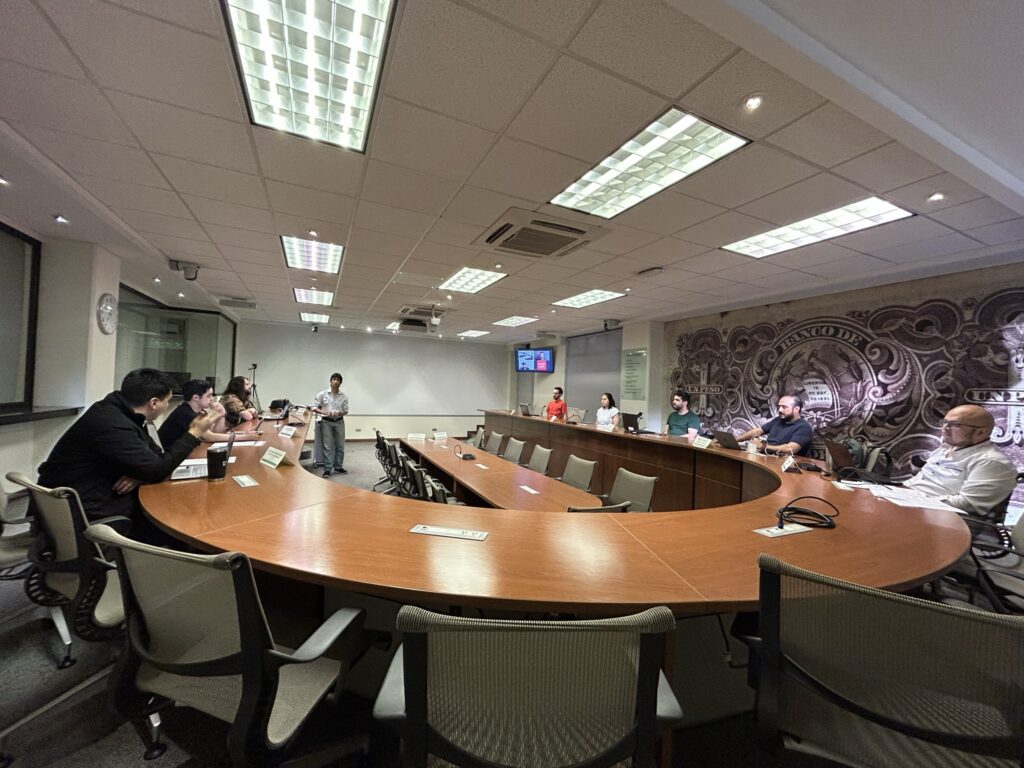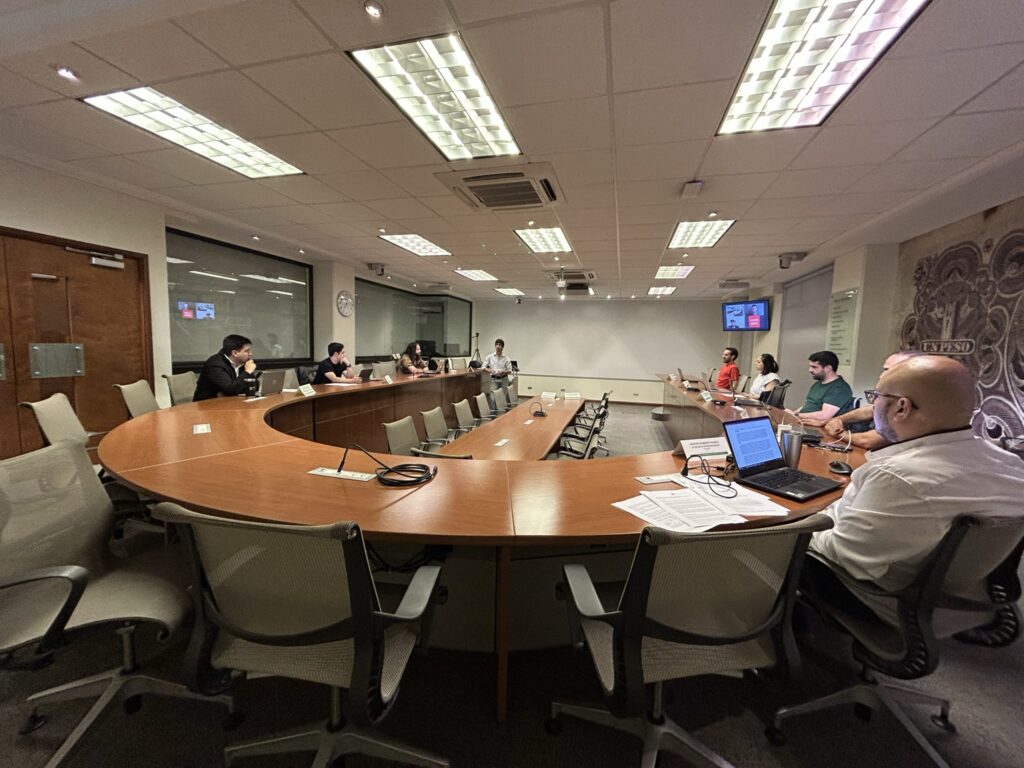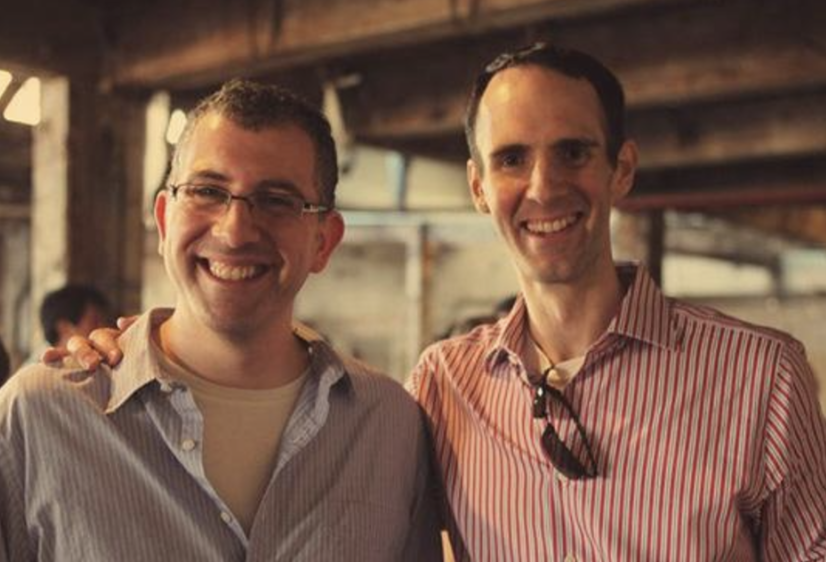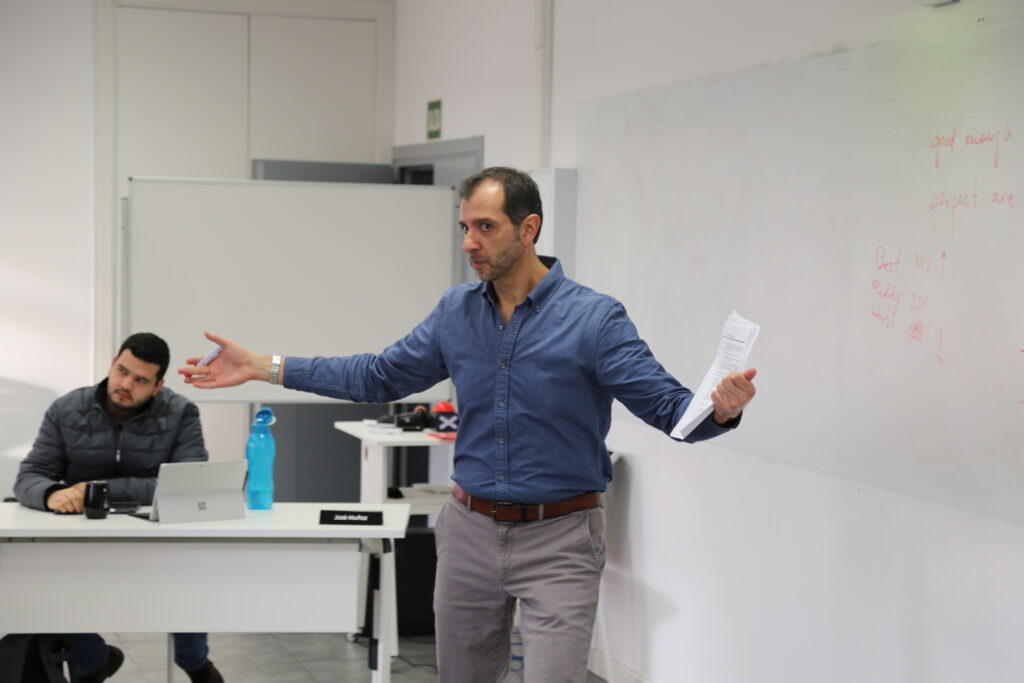Are You a Fundamental or Speculative Entrepreneur?
JULY 24, 2015
Rather than chasing fads or trends, fundamentalists seek repeatable arbitrage. At Acton, we define this as the process of attracting and satisfying one customer after the next, while making a profit on each transaction.
One of the biggest mistakes young entrepreneurs make is not being honest with themselves about the type of entrepreneur they are.
In general, most entrepreneurs fall into two camps: the first is “fundamental” entrepreneurs, those who like to build companies for the long-haul; the second group is “speculative” entrepreneurs, those who seek to exploit fleeting market opportunities.
At Acton, we teach the fundamental approach, and the ability to recognize the difference between the two. That said, being a fundamental entrepreneur doesn’t mean you can’t take advantage of ephemeral opportunities, or speculate “safely” when booms and busts, and opportunities and advantages present themselves.
The key to success in business in either category is to understand which game you’re playing and what forces you can or cannot influence. Only then will you know who you are, the nature of the decisions you’re making, and the subsequent risks involved (or avoided).
Fundamental Entrepreneurs
As business and management aficionado Peter Drucker once said, “the purpose of a business is to create and retain customers.” The fundamentalist cohort couldn’t agree more.
They seek out opportunities and investments that are dependent on forces they can see, reasonably predict, influence, and eventually control. They do everything in their power to defer costs until cash flow and revenue is positive. They view taking on outside debt as a major risk—one not worth taking unless the business, not the opportunity, is at the right stage.
Rather than chasing fads or trends, fundamentalists seek repeatable arbitrage. At Acton, we define this as the process of attracting and satisfying one customer after the next, while making a profit on each transaction.
If a customer cannot be satisfied, or asset flipped, then the fundamental entrepreneur is likely to step back and fix the problem before proceeding, regardless of how tantalizing the opportunity appears. They will only move forward with their time and money when a return is likely and potential losses can be contained.
—
Read the rest of Robin’s post here on Forbes.
Robin Weekley Bruce, former CEO of The Acton School of Business, published this article in Forbes.








